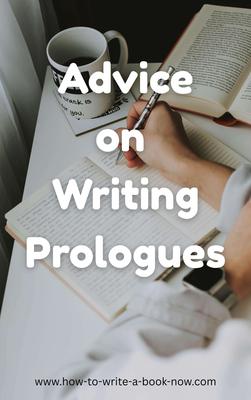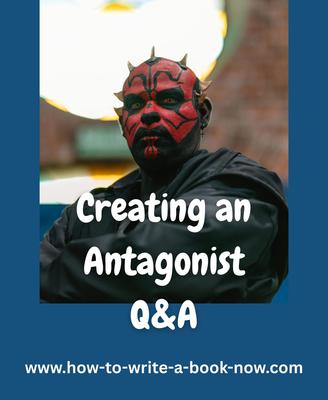A Question Regarding Character Development and Romance
by Erica
(Waterloo, Ontario)
A hello from Canada!
I'm currently writing a YA novel. I already have the whole plot line listed out, and I've already written eleven chapters.
Here are a few questions regarding character development:
1) The first thing is how should I develop a strong female character not only physically (strength) but emotionally as well?
2)Also, I'm wondering how to make the protagonist believable and relatable? For example, how do I make a round character instead of a cardboard cut-out that falls flat?
3) I'm not entirely sure as to how to develop my antagonist. Obviously, I want to make her be despised by the readers, but at the same time should I make her have a heart? I'm afraid that by doing so, the readers will root for my antagonist instead of my protagonist.
Romance:
I want to make a romance that is realistic, and not so magnified and dramatic. My characters are seniors in high school, and it's quite unrealistic to have a love of your life at this point. How do I make the romance drive the plot forward but not be the spotlight of my novel?
I know you haven't read my book, but I want another view on this. Your tips are always so helpful, and thank you so much for your time!
Sincerely, a fellow writer.
Answer: One question at a time...
1. Strength does not need to be physical. An emotionally strong character can be someone who makes the right choice despite immense pressure not to. Put your character in a tough situation and, despite great temptation to buckle under, make her ultimately stand tall.
Generally, you can add much depth to a story by developing the main character's inner conflict. Show who she is in the beginning and how she handles problems. Then have her face growing pressure to change, to switch to the opposite approach. Her personal crisis will be the moment when she ultimately decides whether or not to change. Then, in the end, show whether she is better off for having made that choice. Dramatica describes this arc as...
Initial approach --> Growth --> Personal Crisis --> Judgment
Which runs parallel to the arc of the overall plot...
Setup
2. You give the main character depth by...
* developing the arc of her inner conflict (above)
* giving her traits that are unique and authentic
* developing various aspects of her personality. Give her flaws as well as strengths, likes and dislikes, etc. Try to know her as well as you know your best friend.
* Especially, develop her inner self. What does she want? What feelings drive her? What are her values? What would she be comfortable/uncomfortable doing?
To make her relatable consider...
* giving her some of the same feelings, challenges, and flaws as your ideal reader. Make her someone the reader can feel empathy for.
* making her admirable (someone the ideal reader would like to be like)
* making her charming. Make her someone the reader would like as a best friend. Would she be a great person to hang out with?
3. Re: antagonists.
Antagonists that have some depth, who the reader can empathize or sympathize with, are more interesting. But at the same time, have the antagonist make choices that the reader cannot approve of (for instance, choices based on greed, jealousy, or anger).
4. Lots of people in high school feel like they've met the love of their life, even if the relationship doesn't last very long. But I think the key is to develop an interesting relationship, which may or may not be heavily romantic or physical.
Usually, either the antagonist or the love interest is the impact character -- someone who offers the main character an example of a different way of doing things, and so creates the pressure on the main character to change.
The relationship between the main and impact characters should have its own arc. In cases of romance where the couple ends up together, it looks like this...
Setup (how the relationship is established in the begining)
--> Complication (the relationship deepens or turns romantic)
--> Crisis or Black Moment (a falling out occurs that seems to end the relationship)
--> Resolution (the couple is reunited happily)
In cases where the relationship ends badly, the Black Moment becomes a White Moment where the relationship reaches its peak.
Best of luck.
- Home
- Plot Questions
- A Question Regarding Character Development and Romance















